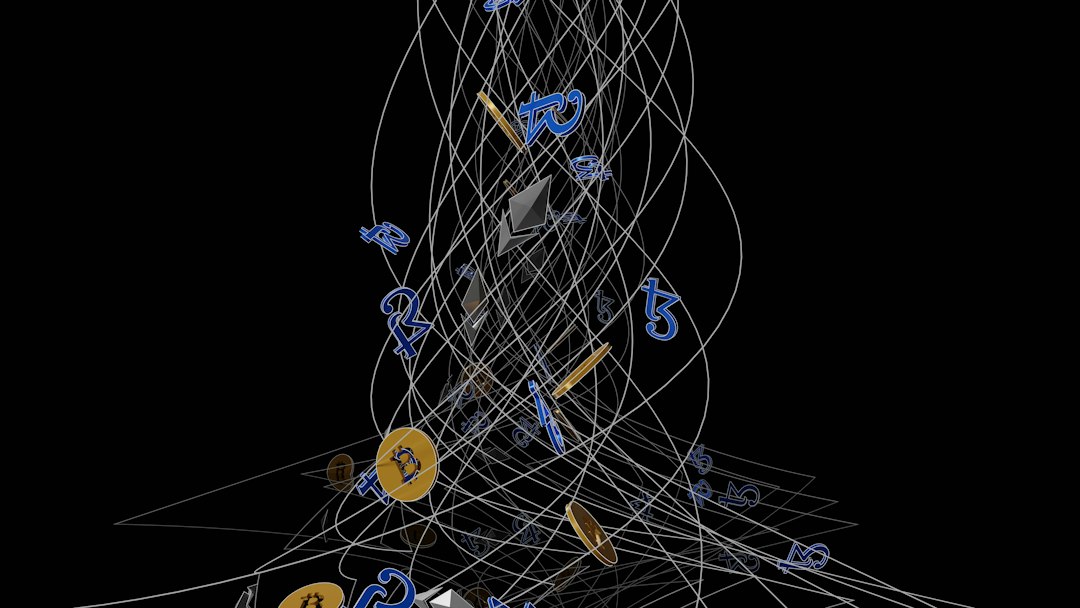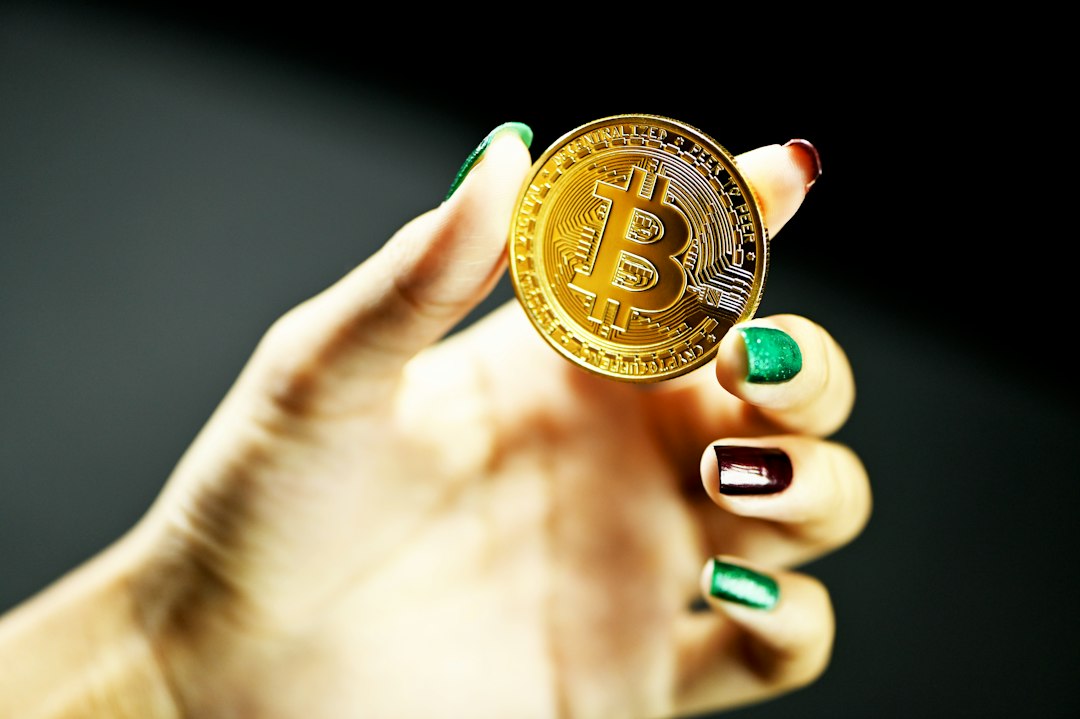The Struggle for Adoption of the eNaira in Nigeria
The Central Bank of Nigeria (CBN) launched the eNaira as a central bank digital currency (CBDC) on October 25, 2021. Similar to Bitcoin or Ethereum, the eNaira is held in digital wallets and can be used for financial transactions. However, the eNaira is facing challenges in gaining popularity in Nigeria.
eNaira Adoption
According to Bloomberg, less than 1.15 million Nigerians have used the eNaira, which accounts for only 0.5% of the population. The adoption rate is low, with only 1.4 million transactions made since the launch. The IMF reports that 98.5% of downloaded wallets were abandoned, and only 1.5% completed weekly transactions. The eNaira Speed Wallet software also has low ratings on app stores, indicating more complaints than compliments.
Internet Access
Limited or lack of internet access in rural areas is a barrier to eNaira adoption. Around 30 million Nigerians still lack connectivity, even though the country has a 51% internet penetration rate. Mobile devices account for over 84% of internet traffic, but those without internet access are unable to use the eNaira.
Trusting the Government
Lack of trust in the CBN and its policies is another challenge for the eNaira. Actions like the ban on cryptocurrencies and Forex manipulations have made people hesitant to trust the government-backed digital currency. Building trust is crucial for successful adoption.
Technical Factors of eNaira
The design of the eNaira raises concerns about privacy and centralization. The central bank can monitor all transactions, which some consumers see as a breach of privacy. The design appears to prioritize government control rather than the openness and transparency associated with cryptocurrencies.
Final Thoughts about eNaira
The adoption of the eNaira requires a review of its value proposition and efforts to restore trust in the CBN. A well-planned public-private partnership is needed to ensure the safety and effectiveness of e-money/mobile money transactions. The CBN must work towards integrating the eNaira into the existing mobile payment system and avoiding the central bank replacing the private sector in the economy.
Hot Take
The eNaira’s struggles in gaining popularity highlight the importance of trust, accessibility, and user-friendly design in driving adoption of digital currencies. For the eNaira to succeed, the CBN needs to address these challenges and build strong partnerships with the public and private sectors.





 By
By
 By
By


 By
By
 By
By